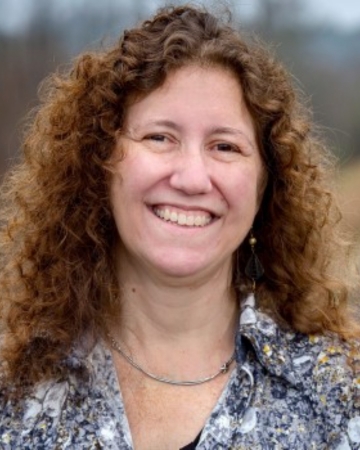
This text originally appeared here and the recording of the lecture is available in the associated youtube link.
September 14, 2015 - a day that marked one of the biggest scientific breakthroughs of our lifetimes - the detection of ripples in the fabric of space that reached us from the violent collision of two black holes over one billion years ago. This ushered in a new era of astrophysics where scientists can now “hear” cosmic events using gravitational waves that distort space and time, proving predictions made by Albert Einstein nearly one hundred years ago. Come join us to hear about how more than a thousand scientists from around the world worked for decades to forever change the way we explore the universe.
Gabriela González, PH.D.
LSU System Boyd Professor
at Louisiana State University.
Dr. González is a leader in gravitational wave research, including having served as the global spokesperson for the LIGO (Laser Interferometer Gravitational-Wave Observatory) Scientific Collaboration. She helped make the worldwide announcement in 2016 that gravitational waves had been discovered, which led to the 2017 Nobel Prize in Physics for the LIGO founders. Originally hailing from Argentina, Dr. González’s research career, focusing on LIGO instrument development, has taken her from MIT, to Penn State to, Louisiana State, where she is currently the distinguished LSU System Boyd Professor. Among her many honors, she has been named one of the world's top 10 scientists by the journal Nature, selected as one of the top 100 Leading Global Thinkers by Foreign Policy Magazine, elected to the prestigious U.S. National Academy of Sciences (NAS) and awarded the NAS prize for Scientific Discovery.

